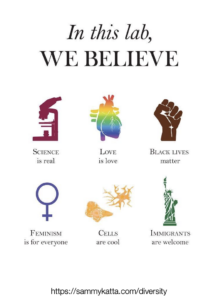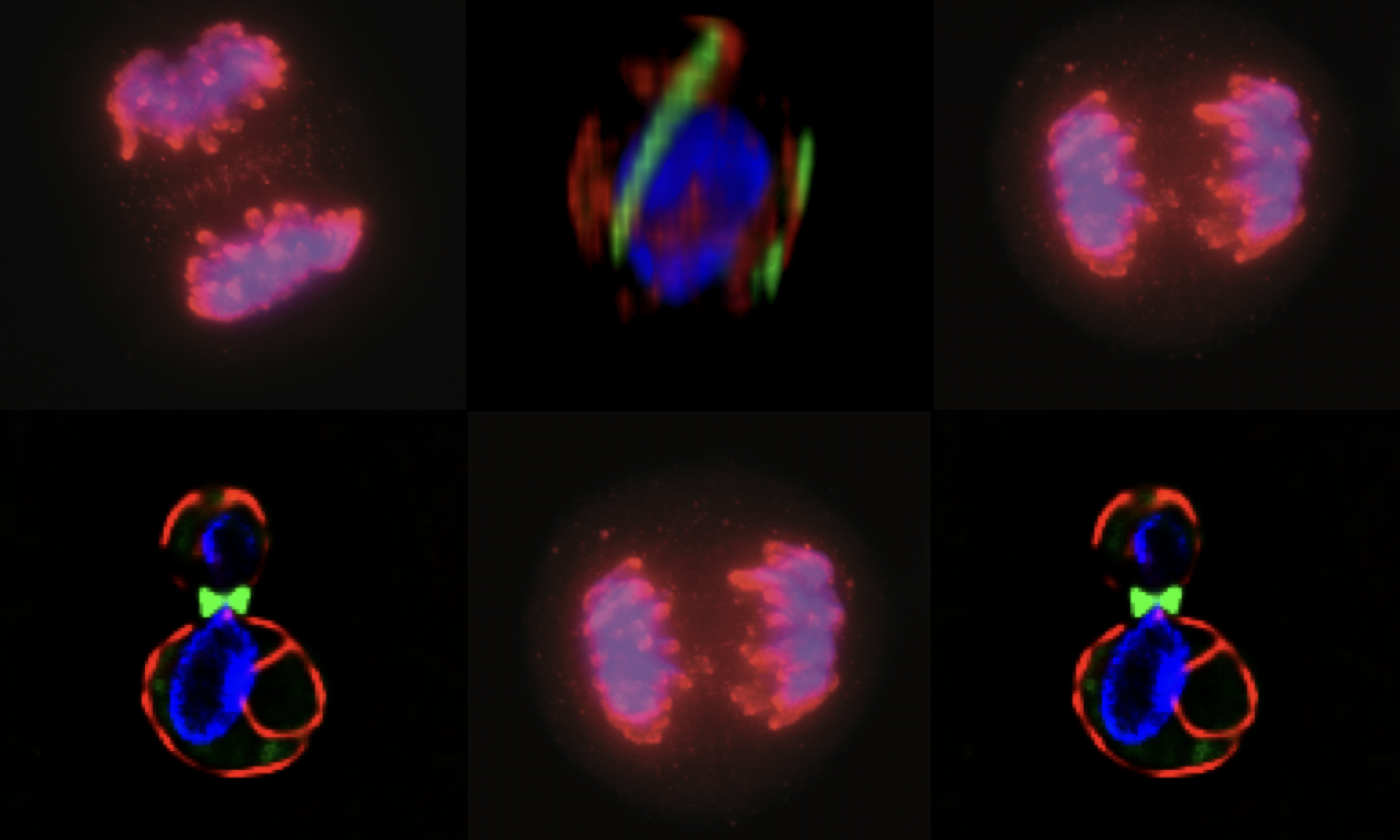
Lab Code of Conduct:
As we study the complexity of cell biology, it becomes clear that we have in common a set of principles that govern our shared biology. In the lab, this translates into our thinking about complex cell behavior, but also in how we treat each other. We begin with a profound respect for all life and especially for each other. If you join the Kaplan Lab, I expect you to abide by this philosophy and its manifestation in this a code of conduct:
-
- Use welcoming and inclusive language
- Cherish different viewpoints
- Accept constructive criticism
- Work as a team with our larger goals in mind
- Respect and be courteous to others in our community
By agreeing to this code of conduct, you help ensure that the Kaplan lab is a safe place to work and thrive. The code of conduct should also be followed in places outside the lab, such as scientific conferences or other interactions, either in-person or on-line. If you feel that someone is not behaving consistent with this code of conduct, please bring this behavior to my attention. If you do not feel comfortable coming to me, please report it to another lab member or faculty member that you trust. Please also refer to the lab mentoring agreement for other paths for reporting inappropriate behavior.
Anyone engaging in inappropriate behavior will be asked to stop and will be expected to comply immediately. If the inappropriate behavior continues the person will be asked to leave the lab or event and be reported to the appropriate organization on campus.
An Argument for Diversity:
As biologists, it is inconceivable that we could fail to appreciate diversity, as it is represented in the tree of life and the myriad of conserved molecular machinery that we study every day. This appreciation extends also to the diversity of the experiences represented at our University and beyond. Celebrating the first is linked to acknowledging the value of the other, and vice versa. In our quest to understand our shared biology, a diversity of experiences, skills and thoughts are critical to being able to ask new scientific questions or to approach our favorite questions with renewed perspective.
To be surrounded by a diverse set of experiences also serves to remind us that there is no one absolute truth. Our collective experiences are valid and important, but no one experience is more true or more valid than another. In biology, we are similarly called to question what we know and to avoid being overly dogmatic or creating false hierarchies. We are trained to constantly ask, “How do we know what we know?”. This refrain allows us to constantly refine our understanding and grow as scientists and citizens.
The argument in favor of a being surrounded by a diverse set of experiences is not limited to our lab perspective. A study in 1983 suggested that the most innovative companies intentionally created diverse work teams. In another study, it was found that ideas from ethnically diverse groups were rated as higher quality than ideas from ethnically homogeneous groups.
Getting involved is important. Be part of this conversation by joining a research lab that promotes these ideas. There are also opportunities on campus though the IMSD program as well as a number of other UCD outreach programs designed to promote diversity on campus. Promoting diversity and empowering a diverse set of views requires constant reflection but also action, something we have to be mindful of as we work together.
